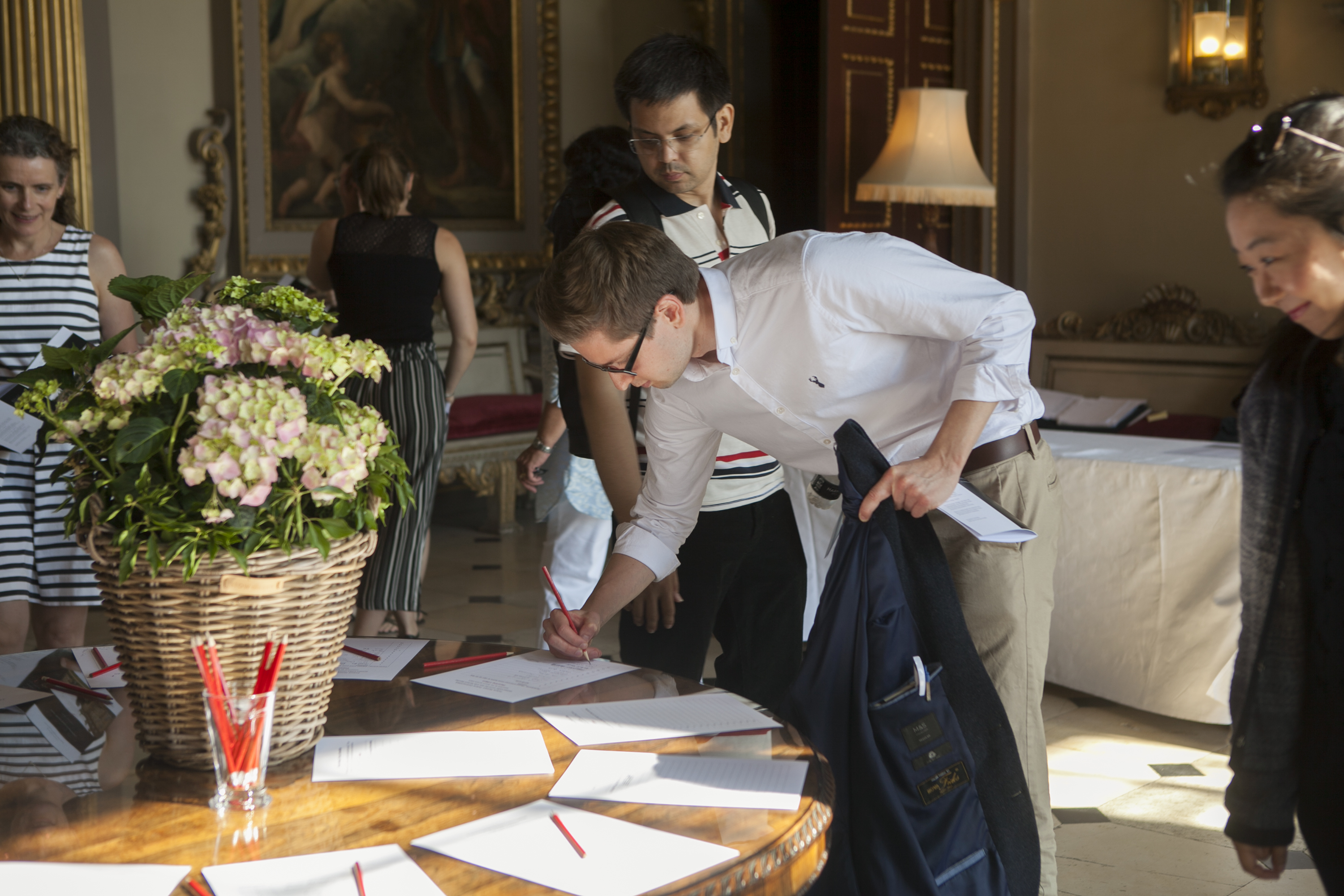
In the second annual Ditchley Festival of Ideas, participants examined the theme Future Human: Future Communities. Across the panels and breakout sessions, questions arose related to the meaning of community, preservation of particular kinds of community, and establishment of new forms of community. Underpinning these debates were ideas related to tradition, art and personal expression, individualism, wealth and income redistribution, identity and purpose. The panellists and participants argued for the preservation of traditions, captured in part by the Arabic proverb “Master, how do I become a great poet?”; “Student, you must read 1000 poems... and then forget them.” Yet, the Festival also highlighted decisively the complicated challenges related to human agency, identity and purpose that demand reflection, given the development of technologies such as artificial intelligence.
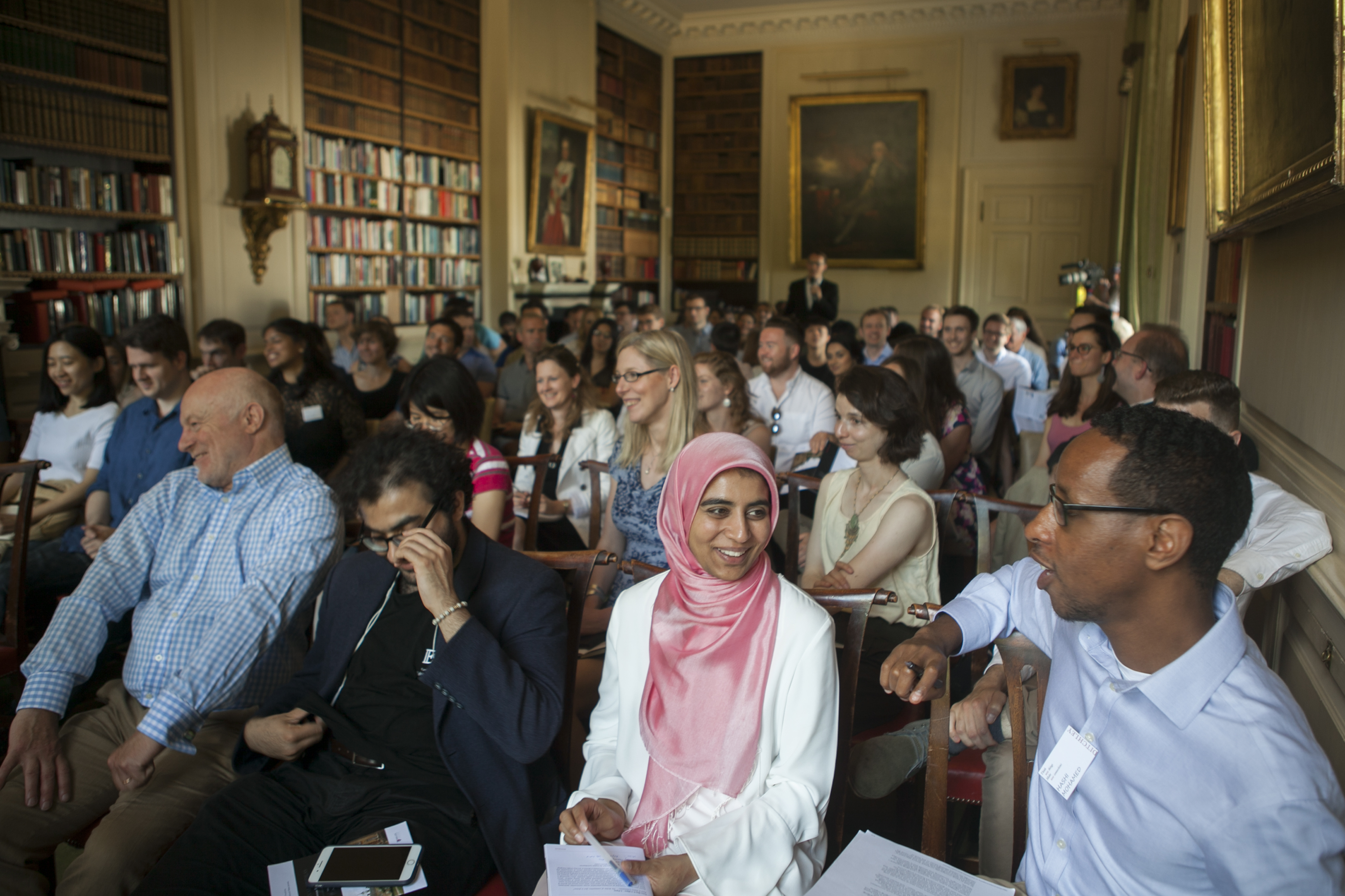
There was some agreement in the panel Future Communities – The decline of communities: fact or fiction? that traditional forms of community are breaking down, and that these kinds of community are significant to human identity. In particular, participants discussed family, religious institutions and nation-states. Several panellists argued that these institutions involve commitments and obligations that transcend the individual, and that are important given the propensity of many to commoditise individuals and their relationships. At the same time, however, participants put forward the idea that future communities increasingly involve meaning-making, rather than the inheritance of meaning from past institutions. These new communities are post-national, frequently involving online groupings based on shared values. Examples given were gaming friends, activist friends, professional network friends and educational friends—most of whom do not live within 100 kilometres of a person. What holds these communities in common is, according to a number of panellists and participants, a positive vision, encouragement of individual aspiration, and formation of connections between people as people (rather than focusing on underlying and historical values). That said, there was a significant focus on religious institutions and their practices and histories; namely, that they anchor individuals through physical space, reflection on fundamental human questions and loving norms.
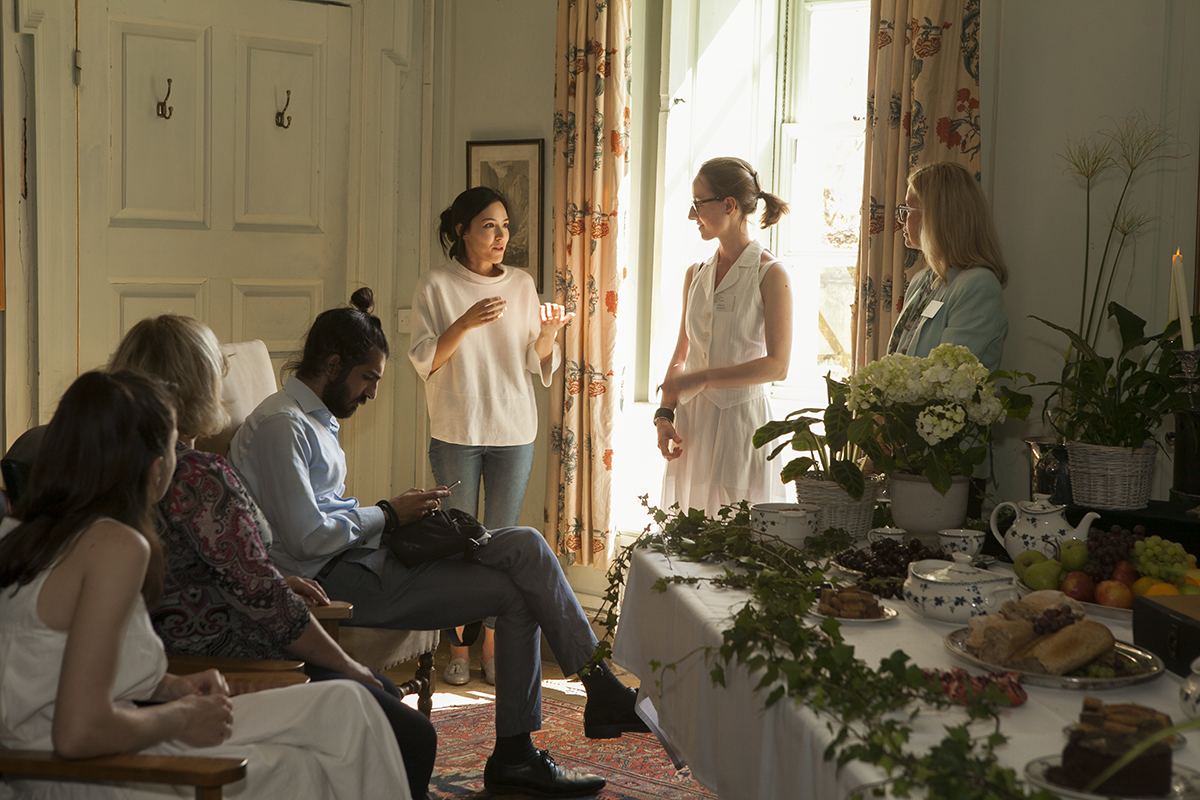
The panel Art & Society – What’s the point of art? explored the roles of art in a world of rapid technological change. In particular, art was highlighted as a fundamentally human process of “labelling the unknown”: it is a “messy, nonlinear, often fruitless attempt to capture a feeling or idea inexpressible in any other way.” More specifically, participants felt that art heals people, connects us across borders, and eliminates human boundaries. It is furthermore intertwined with tradition, which “grounds us so that we may move forward faster, further and better.” The panellists and participants then considered the roles of art in relation to technological innovation—and in particular, artificial intelligence. There was agreement that virtual reality makes art better and that we should move swiftly to this kind of technology. However, there was scepticism as to whether artificial intelligence can replicate the human creation process. Participants suggested that artificial intelligence can only replicate; it cannot create new forms of art that inspire. Alongside this belief was the idea that pointless art and weird art are among the most important types of art, and that this is something that artificial intelligence may not be able to do.
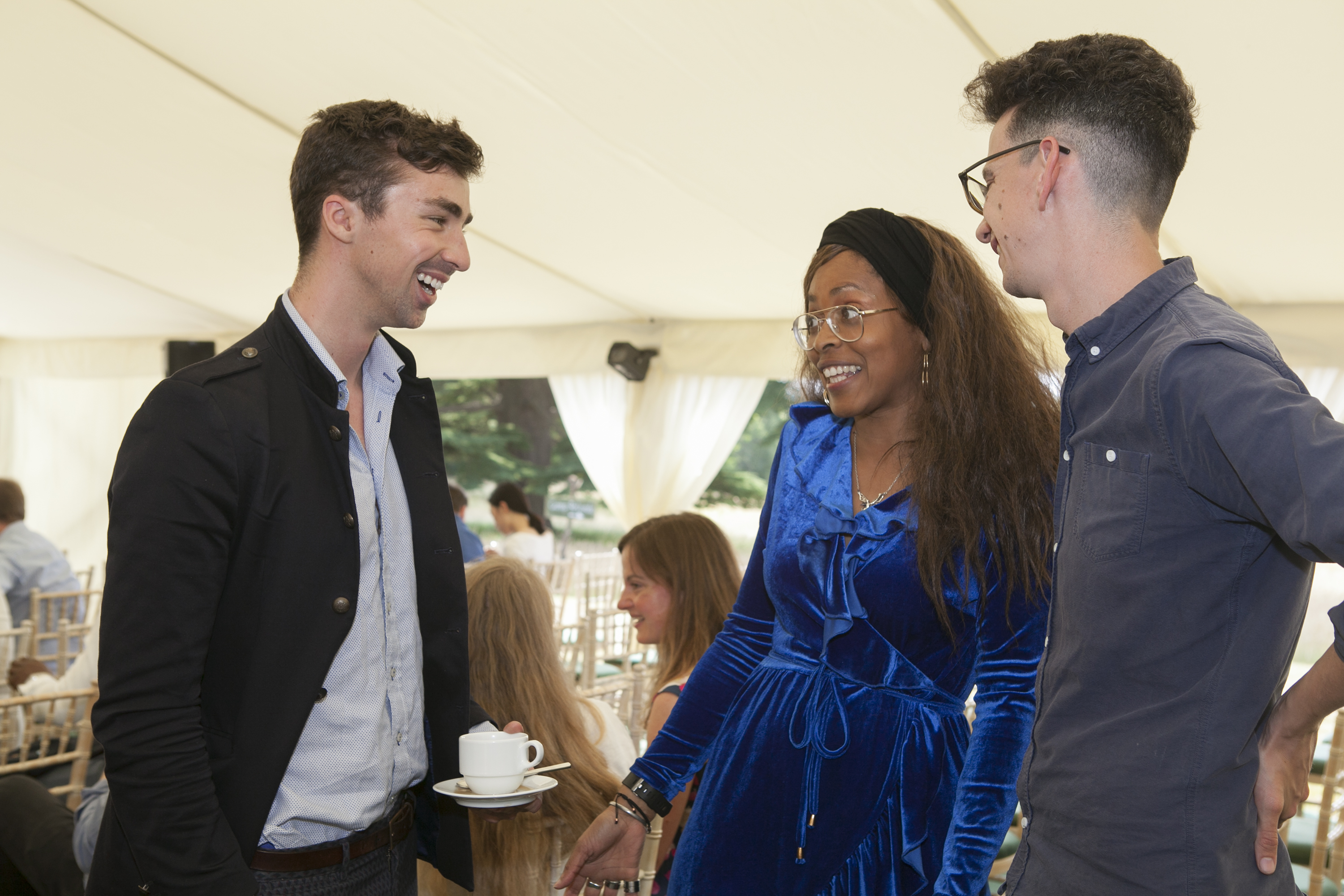
A focused dialogue on artificial intelligence and community occurred in the panel AI: A Technology to Unite or Divide Us?, in which consensus emerged that new technologies encourage—if not necessitate—reflection on the significance of individual agency. There was agreement that humans continue to exercise important control over technology, for instance through ethical development of artificial intelligence through the embedding of particular values into the developmental process. A more pedestrian example is that of the active choice that humans can make to turn off their smartphones and find time for solitude. One panellist raised the idea of gratification and status as they relate to technology and employment. Even if greater numbers of jobs are automated in the future, many people may still be willing to pay humans to accomplish particular tasks for the sake of establishing hierarchy between individuals (while also creating and preserving personal status). The potential for workforce automation also raises questions related to income redistribution, with one solution being that of universal basic income (UBI). Governments were seen as being integral in this conversation, particularly in terms of preserving communities that may be impacted by technological change. One potential benefit that governments can provide is the opening of large-scale datasets on which tech communities can work. In other words, panellists and participants suggested that artificial intelligence can in fact contribute to the achievement of positive societal outcomes.
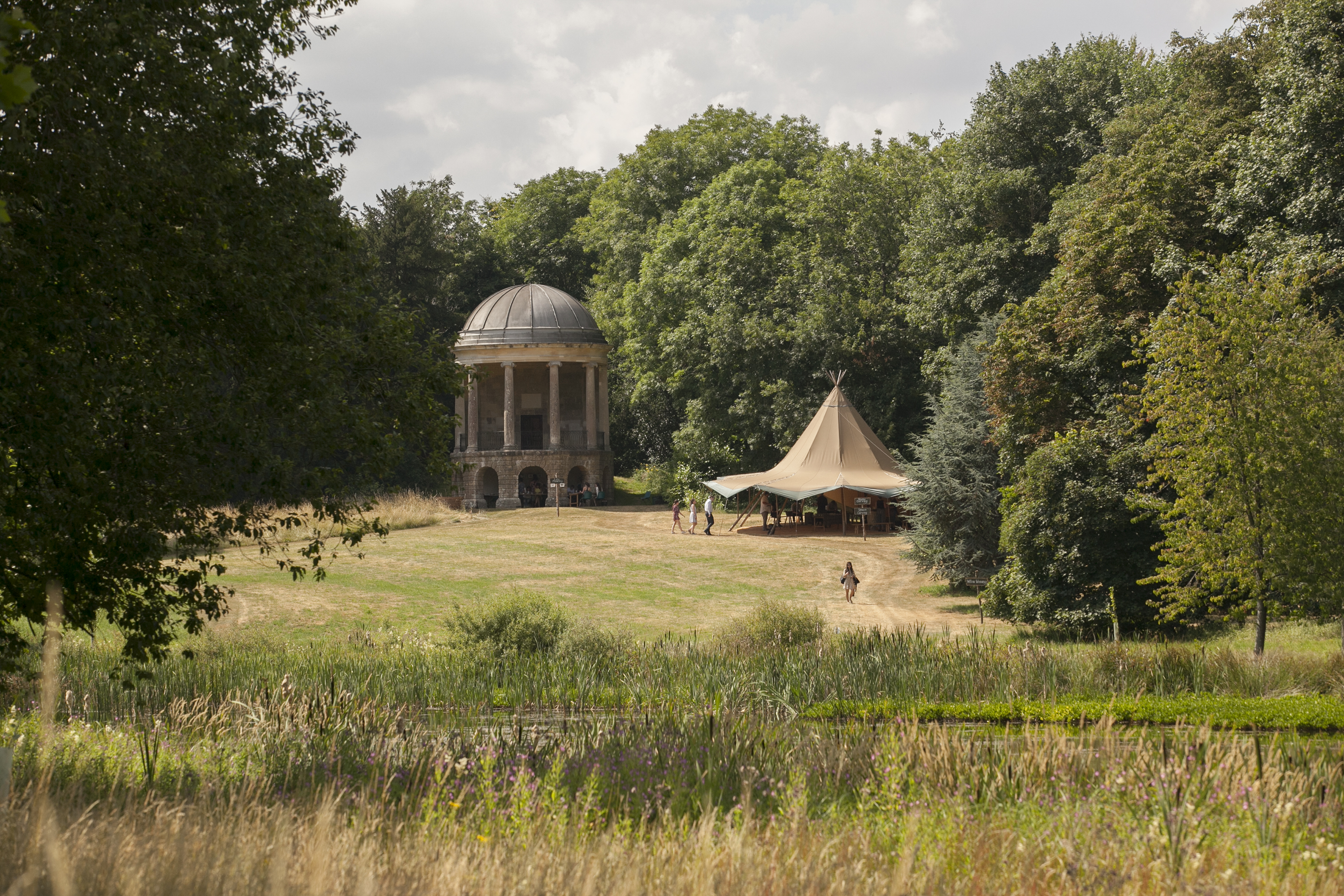
The idea of income redistribution was taken up in the panel Wealth Inequalities – Just How Inclusive Should Inclusive Growth Be?, in which there was disagreement between panellists on questions related to the extent to which income redistribution is necessary (questions such as “How much is enough?” and “How much is too much?”). Questions were also raised regarding social mobility; namely, “Do some people need to give up power while others are made more empowered?” and “Is the economic system a zero-sum game?” One panellist noted that banks should not have been bailed out in 2008, this statement appearing to receive agreement from many participants. As with the artificial intelligence panel, emphasis was given to the potential value of UBI. Where there was widespread agreement was around the idea that starting points in life should not dictate end points, and that equality of opportunity does not exist at present.
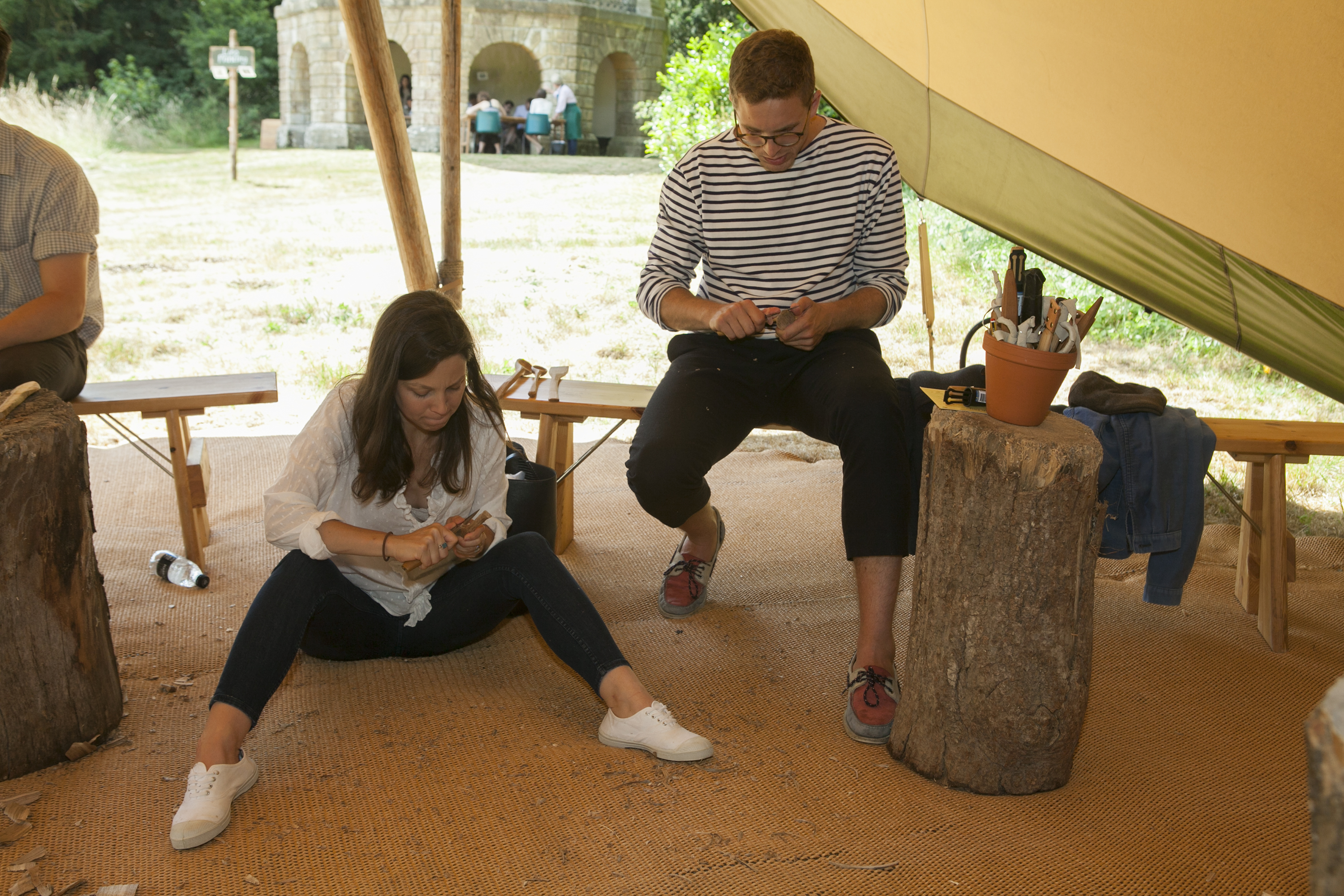
Finally, two panels focused on technology, communities and politics—one of these in terms of globalisation and the other in the practice of politics at a local level. In the panel Globalisation – Where global bodies fail, is there an alternative?, panellists stressed that technology is redistributing power away from institutions to networks, and even to cells and individuals. There was also debate regarding the tension between democracy and liberalism; that democratic choice does not always ensure liberal values. Moreover, there was discussion pertaining to the “deconstruction of the West,” in particular that many are exchanging freedom for security: the local and particular are being reinforced at the expense of the global and general. This final idea intertwined in some ways with the panel entitled Can you practice politics with the public breathing down your neck?, in which participants placed more emphasis on the practice of politics as a fundamentally local activity, in which the politician wears multiple hats: as community organiser, social worker, negotiator and protester, among other roles. Although politics was not necessarily viewed as a profession, several panellists suggested that it may be a vocation, underpinned by four virtues: honesty, courage, competence and compassion. The journalists on the panel felt that the public should continue to breathe down politicians’ necks, but that politicians that demonstrate courage must be recognised for their efforts. Such recognition is rare, which means that thoughtfulness amongst politicians is constrained.
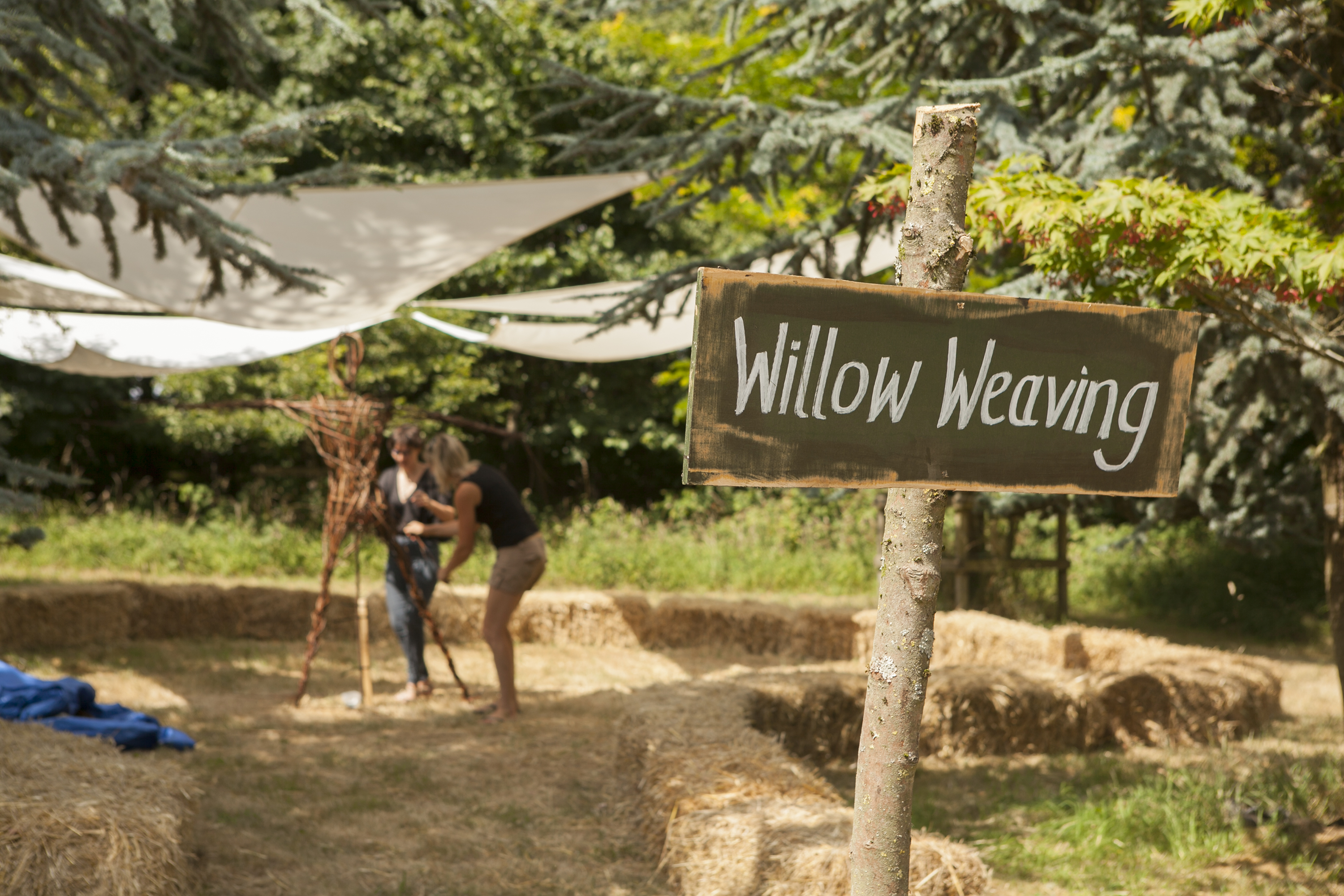
In the closing plenary, it was noted that the Festival of Ideas requires continuity and the means by which to resume the robust conversations that took place within and outside of the panels. Participants emerged with a better understanding of Ditchley, with demonstrated interest in continuing this dialogue into the future as part of the broader Ditchley network.
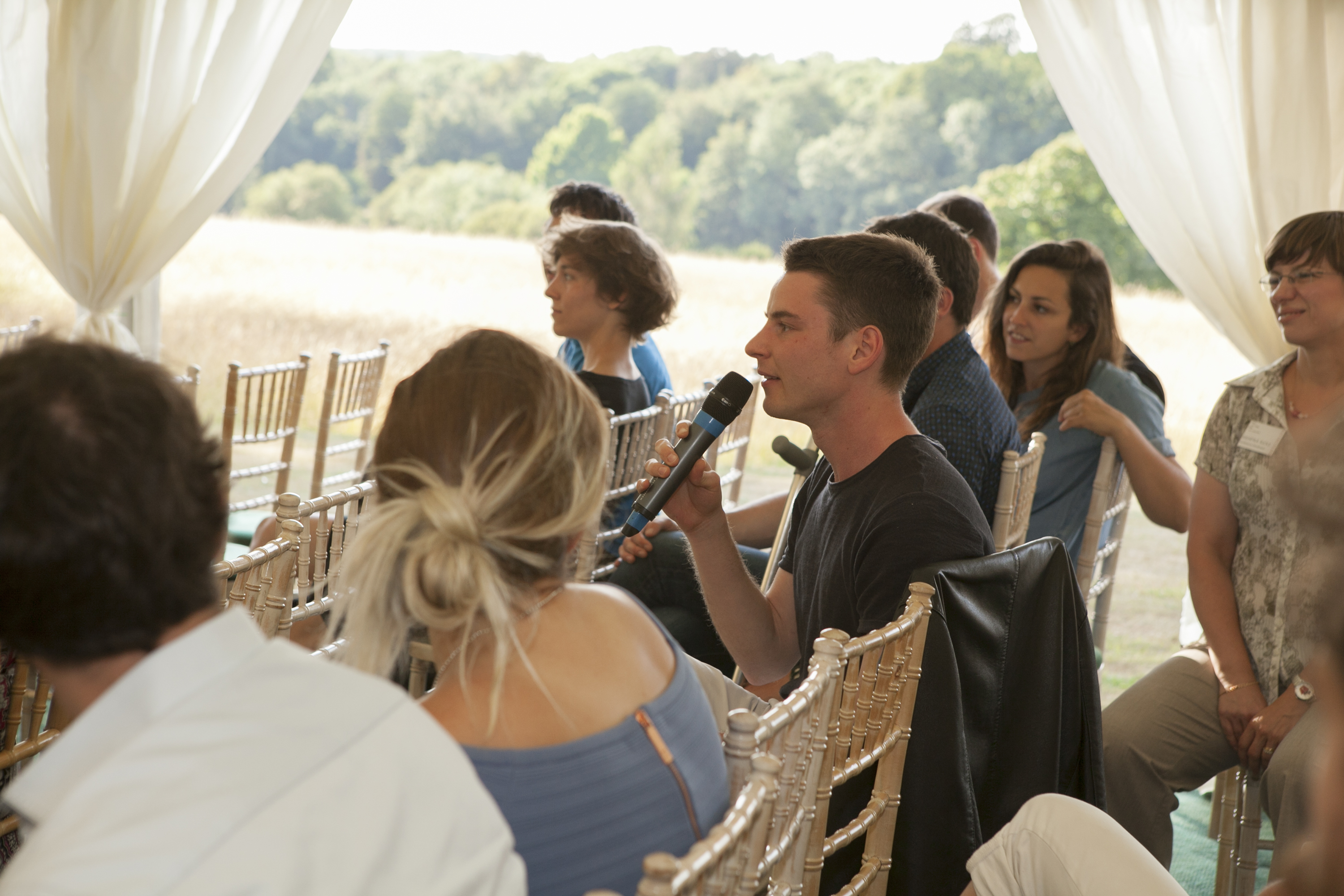
Emerson Csorba
17 July 2018
Click here to view a short video of the day!